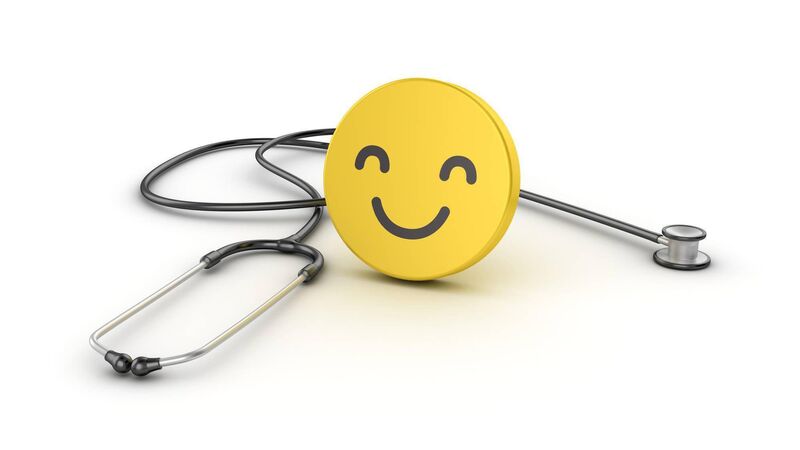Laughing your way to good health: how a giggle can boost your mood

Pic: iStock
HAVE you ever said, ‘I needed that,’ after a fit of laughter on a night-out with friends? If you have, that’s because laughing can make us feel lighter and happier. But it has many other benefits too.
Laughing may seem to be simple, involuntary, but it is a deceivingly complex mechanism. Scientists aren’t sure what makes us laugh or what we find funny, but they believe that it happens when the brain’s frontal lobe connects with the limbic system, an elaborate set of brain structures.
Already a subscriber? Sign in
You have reached your article limit.
Subscribe to access all of the Irish Examiner.
Annual €130 €80
Best value
Monthly €12€6 / month
Introductory offers for new customers. Annual billed once for first year. Renews at €130. Monthly initial discount (first 3 months) billed monthly, then €12 a month. Ts&Cs apply.
CONNECT WITH US TODAY
Be the first to know the latest news and updates











